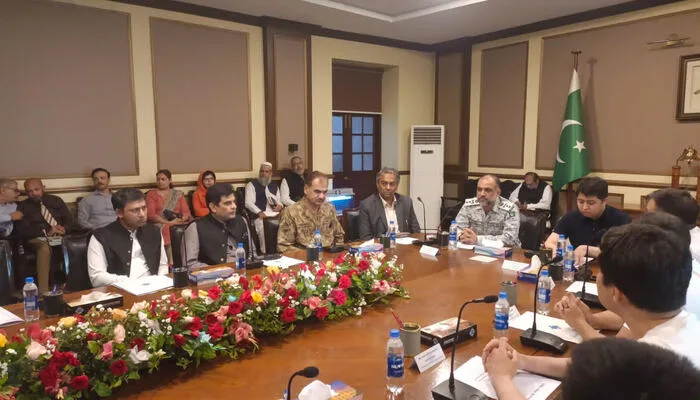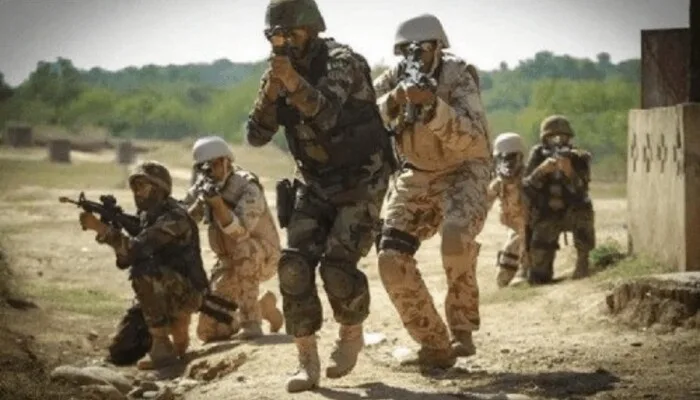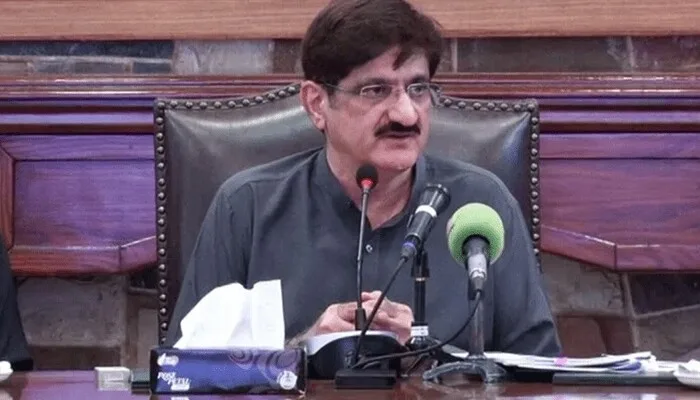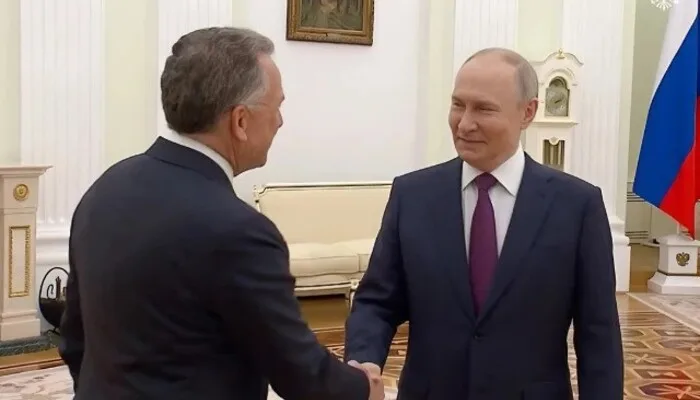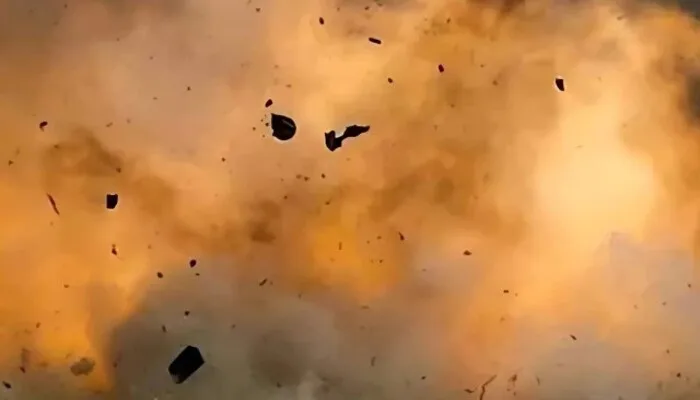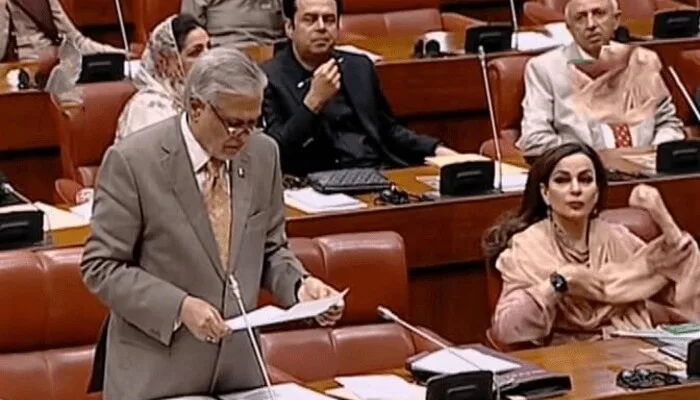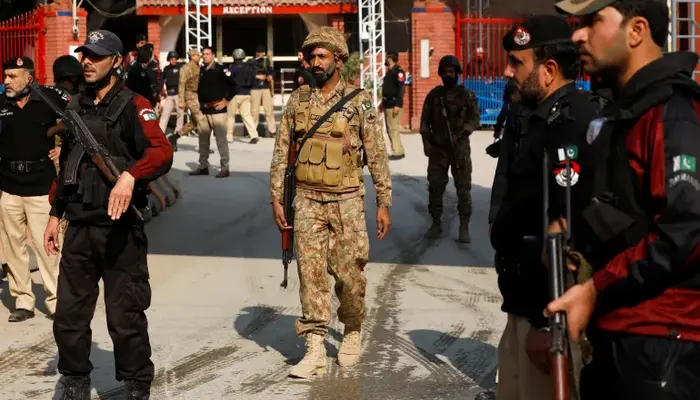
As violent attacks surge across Pakistan, the military has ramped up its efforts with intensified military operations. The keyword “military response” dominates discussions as the country battles an increasing wave of assaults. Over the weekend, military operations in Khyber Pakhtunkhwa resulted in the deaths of eight armed militants, with two soldiers also losing their lives. The operations, conducted in Bannu and Khyber districts, reflect Pakistan’s urgent response to escalating violence that threatens national stability.
Surge in Violent Attacks
Violent incidents in Pakistan have reached alarming levels. According to the Pakistan Institute for Conflict and Security Studies (PICSS), at least 71 attacks occurred in November alone, primarily in Khyber Pakhtunkhwa and Balochistan. These attacks have claimed over 1,000 lives this year, surpassing the 2023 total of 645 incidents. One of the deadliest occurred on November 9, when a suicide bomber attacked a crowded railway station in Quetta, killing nearly 30 people. The Balochistan Liberation Army (BLA), a separatist group, claimed responsibility, citing grievances over resource exploitation in the province.
Government’s Military Strategy
Following the Quetta attack, Prime Minister Shehbaz Sharif announced plans for a comprehensive military operation against separatist groups. This announcement comes months after the government initiated “Azm-e-Istehkam” (Resolve for Stability) in June. Despite these efforts, analysts argue that large-scale operations face significant obstacles, primarily financial constraints and limited local support.
Shift to Targeted Operations
Security analysts suggest that Pakistan’s military strategy has shifted from large-scale offensives to targeted, intelligence-based operations. Ihsanullah Tipu, co-founder of The Khorasan Diary, highlighted this shift due to the absence of permanent bases for groups like the Tehrik-e-Taliban Pakistan (TTP). The TTP, an offshoot of the Afghan Taliban, continues to launch frequent attacks despite sustained military pressure.
Read: Govt Proposes 5-Year Jail, Rs1 Million Fine for Spreading Fake News
Challenges in Counterterrorism Efforts
While military operations have eliminated key TTP commanders, the group remains resilient. For instance, in August 2024, the TTP claimed responsibility for over 200 attacks, rising to 263 in July. Security forces have conducted multiple large-scale campaigns, but the lack of advanced technology and timely ground intelligence remains a challenge. Tipu stressed the need for state-of-the-art communication interception, aerial surveillance, and community cooperation to ensure effective counterterrorism measures.
Rising Political and Security Pressures
Pakistan’s security landscape is further complicated by political unrest. The country faces pressure from China due to attacks on Chinese nationals and infrastructure. Additionally, domestic political turmoil, including protests demanding the release of former Prime Minister Imran Khan, diverts attention from security challenges. Analysts believe the reliance on military involvement in political matters hinders the development of coherent counterterrorism strategies.
Civilian Involvement Crucial for Stability
Experts argue that addressing security concerns requires more than military action. Effective counterterrorism efforts demand active civilian leadership, balancing security measures with socio-economic development. Without broader political engagement and strategic coherence, Pakistan’s military response risks remaining insufficient against escalating violence.
Pakistan’s ongoing battle against militancy highlights the urgent need for a unified, comprehensive approach that goes beyond military tactics to address underlying political and social issues.
Follow us on Google News, Instagram, YouTube, Facebook,Whats App, and TikTok for latest updates



